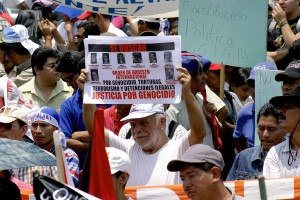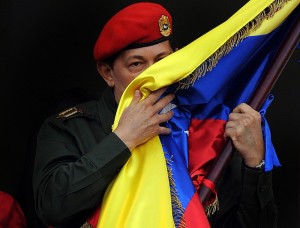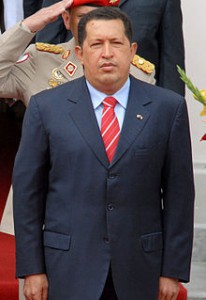Here’s my latest blog for Huffington Post UK:
While World Cup qualification is arguably the most prominent thing in most Chilean and Welsh people’s minds right now, the two countries have another topic of conversation in common: organ donation.
Chile and Wales are the two latest countries to vote in favour of introducing the controversial opt-out organ donation system, where individuals are presumed to have given consent for their organs to be donated unless they choose to opt out.
Wales made history in July this year when it became the first country in the UK to adopt the system in a bid to counteract a shortage of organ donors. The new law, which is due to come into force in 2015, aims to increase the number of organs available in Wales by around 25%.
Just the previous month Chilean President Sebastián Piñera signed into law an amendment to convert the country’s existing opt-in system – la Ley de Donante Universal, which was first adopted in 2010 – into an opt-out system.
Published on 07-09-13. Read on here




